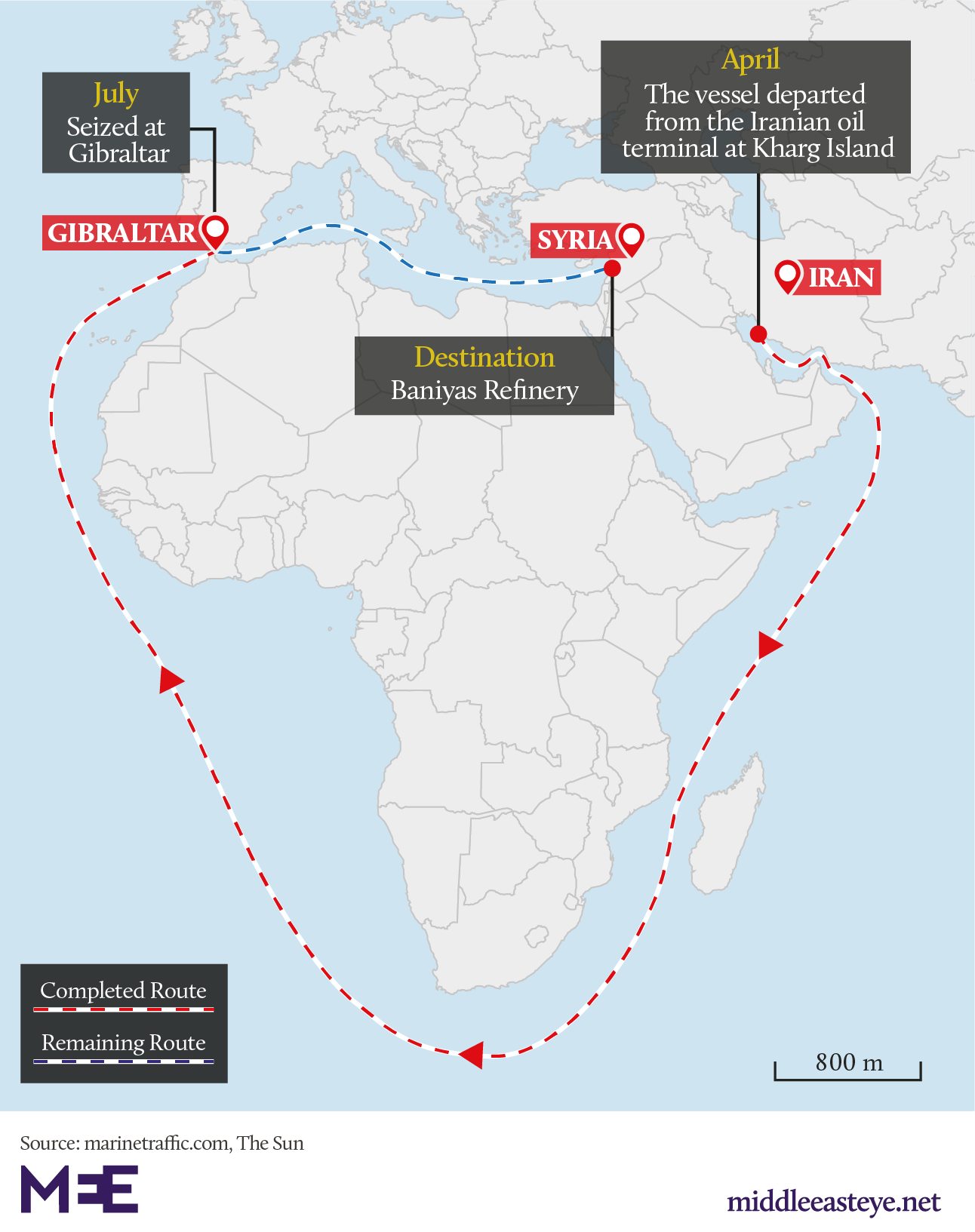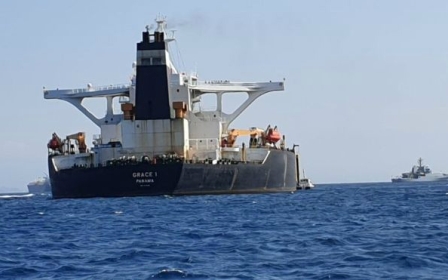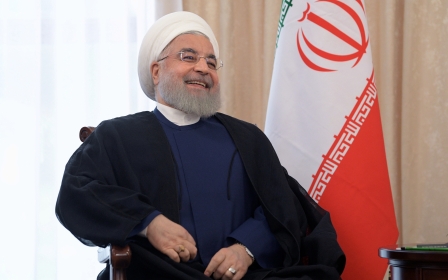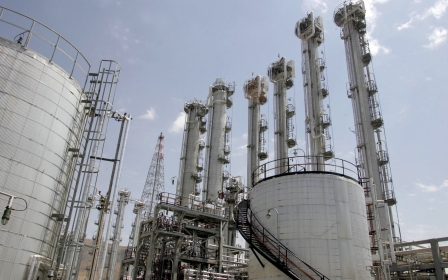UK-flagged tanker reported halted in Gulf said to be 'safe and well'
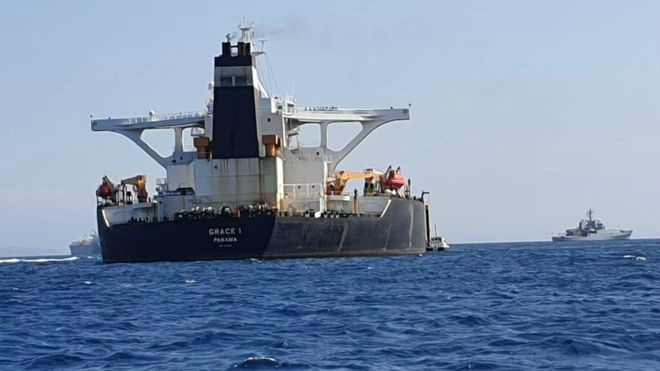
A UK-flagged tanker is "safe and well" after it halted in the Gulf on Saturday, a British official has said, after Iran dismissed reports its Revolutionary Guards had seized the vessel.
A Revolutionary Guard commander had threatened on Friday to seize a British oil tanker in retaliation for the interception of one of Iran's tankers headed to Syria, allegedly in breach of European Union sanctions.
An Iranian cleric doubled-down on Tehran's stance on Saturday morning, saying Britain should be "scared" of Iran's response.
"We have shown that we will never remain silent against bullying," said cleric Mohammad Ali Mousavi Jazayeri, warning of "an appropriate response" and mentioning Iran's shooting down of a US drone last month.
But Iran's IRIB news agency immediately denied on Saturday that Iran had stopped the Pacific Voyager tanker after accounts on Twitter reported that it had come to a halt in the Gulf.
An official at UK Maritime Trade Operations, which coordinates shipping in the Gulf, told the Reuters news agency they had been in contact with the tanker, which had stopped for a routine operation to adjust the time of its arrival at the next destination.
Fears of a broader confrontation
British Royal Marines on Thursday seized the Iranian oil tanker in Gibraltar for allegedly trying to take oil to Syria in breach of the EU sanctions.
The Grace 1 tanker was impounded in the British territory on the southern tip of Spain after sailing around Africa, the long route from the Middle East to the mouth of the Mediterranean.
Shipping data reviewed by Reuters suggests the tanker was carrying Iranian oil loaded off the coast of Iran, although its documents say the oil is from neighbouring Iraq.
While the EU has banned oil shipments to Syria since 2011, it had never seized a tanker at sea.
Unlike the United States, the EU does not have broad sanctions against Iran.
TankerTrackers.com, which keeps track of global oil shipments, suggested that the ship could be carrying fuel oil, rather than crude oil, destined for Europe instead of Syria.
"Based on all the imagery we spent weeks reviewing, we could not see her loading crude oil. She has a history of handling STS (ship-to-ship) transfers of fuel oil. We believe she was due to do the same in Syria's waters. Fuel oil powers vessel engines. It's heavier than crude oil. She is heavy," they said in a tweet on Thursday.
"In conclusion, if in fact she is fully laden with fuel oil for STS transfers off the coast of Syria, then the destination wouldn't be Syria, but most likely Europe. Fuel oil is a refined product and will not contain chemical signatures that can trace it back to Iran."
Tensions are also high in the Gulf following last month's attacks on vessels near the Strait of Hormuz, a vital oil shipping route, and Iran's downing of a US drone.
Washington and Saudi Arabia have directly blamed Iran for the attacks on tankers, something Tehran denies.
The attacks have raised fears of a broader confrontation in the region where the US has boosted its military presence over perceived Iranian threats.
Middle East Eye delivers independent and unrivalled coverage and analysis of the Middle East, North Africa and beyond. To learn more about republishing this content and the associated fees, please fill out this form. More about MEE can be found here.


